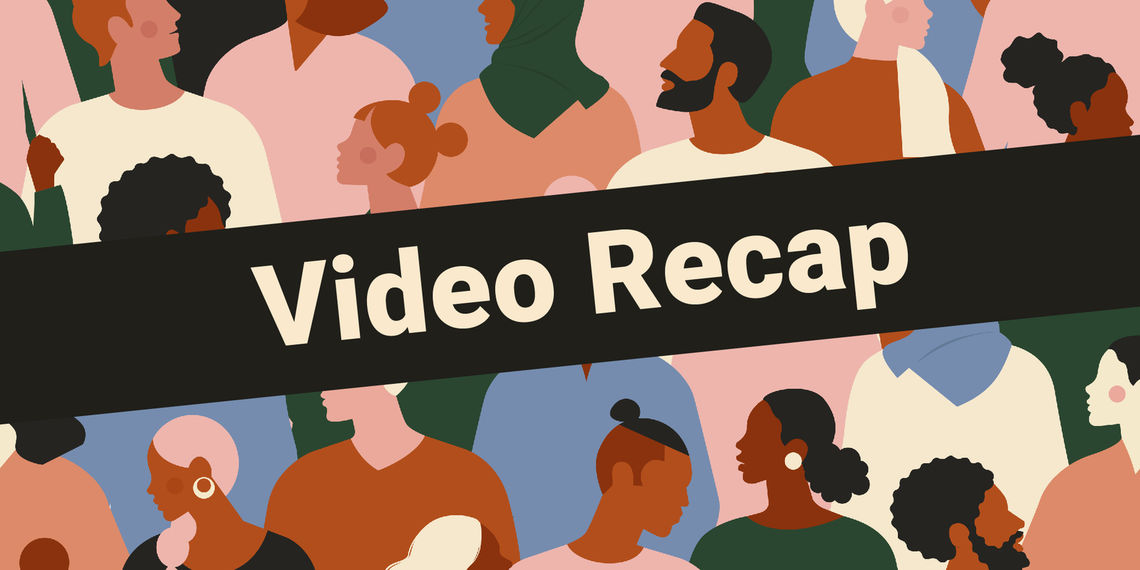any of us lack the skills to discuss race or even know where to start. As we in health care struggle to support colleagues and patients of color during COVID-19, protests and police violence, we must learn how to talk about race without causing more harm.
In this presentation, I will use the photographs of Myra Greene as a starting point for critical thinking. Can surroundings, spaces and environments like the hospital be described as "white"? We will explore what we do as white people to support and benefit from racism and how we can interrupt it.
View the June 11, 2020 presentation:
About Amy Cowan, MD
Dr. Cowan grew up on the coast of Oregon. She attended medical school in Hawaii and completed Internal Medicine residency in Portland, Oregon. In 2013, she completed a fellowship in Geriatric Medicine at the University of Utah. Dr. Cowan is board certified in both Internal Medicine and Geriatrics. Her clinical practice is at the George E. Wahlen Department of Veterans Affairs Medical Center in Salt Lake City. She is an Assistant Professor on faculty at the University of Utah. She is involved in clinical education, research and patient care. She has received several teaching awards for outstanding teaching and service. Dr. Cowan is passionate about staff and trainee well-being. Her willingness to go first even when it’s vulnerable and learn along side those she is training sets her apart.
Amy Cowan
Meaningful change requires intention and action. In this "One U" spinoff series, University of Utah Equity, Diversity and Inclusion leaders Mary Ann Villarreal and José Rodríguez translate powerful insights from Friday Forum national thought leaders for our local health care frontline teams.
Mindfulness can be an act of healing and resistance for Black, Indigenous, People of Color who confront microaggressions as part of everyday life. Mindfulness educators and social workers Trinh Mai and Jean Whitlock provide three steps to build mindful self-compassion for BIPOC.
The Effective Communicator returns to settle the never-ending debate: which form of communication is the best?
